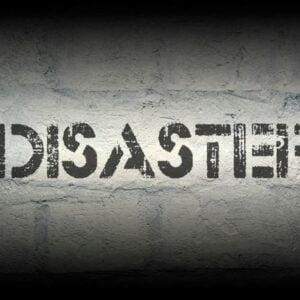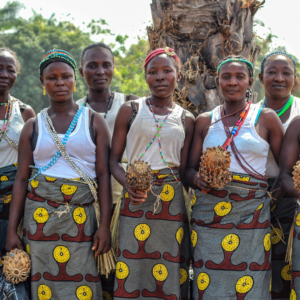Under South Africa’s Presidency, the G20 Disaster Risk Reduction (DRR) Working Group convened in Cape Town for a two-part meeting that culminated in a Ministerial session held on the International Day for Disaster Risk Reduction. The technical segment, held from 8–11 October, brought together experts and officials from G20 member states and partner organizations to negotiate outcomes, conduct field visits, and explore strategies for scaling up investment in disaster risk reduction. This was followed by the ministerial segment from 12–13 October, where Ministers exchanged national experiences and endorsed a series of key outcomes designed to strengthen global resilience.
The meeting produced three major outcomes reflecting a renewed global commitment to proactive investment in resilience and preparedness. The first was the adoption of a Ministerial Declaration reaffirming the G20’s collective resolve to reduce disaster risk and promote sustainable development through stronger investment and international cooperation. The Declaration emphasized the urgent need to expand early warning systems, promote resilient infrastructure, and scale up nature-based solutions in the face of growing human and economic losses caused by disasters. Kamal Kishore, Special Representative of the UN Secretary-General for Disaster Risk Reduction and Head of UNDRR, welcomed the Declaration, noting that the Ministers had sent “a clear and powerful signal” on the vital role of disaster resilience in protecting lives, livelihoods, and economies.
The second key outcome was the endorsement of the Voluntary High-Level Principles for Investing in Disaster Risk Reduction, developed under South Africa’s leadership. These seven principles provide a flexible framework for countries to adapt to their national contexts and focus on enhancing risk information, fostering innovation, developing comprehensive financing strategies, integrating disaster risk into planning, empowering local investment, and engaging the private sector. Together, these principles aim to shift the global approach from reactive disaster management to proactive prevention and preparedness, ensuring that resilience is central to financial and development strategies.
The third major outcome recognized the Recovery Readiness Assessment Framework as an important voluntary tool to support proactive and inclusive recovery planning. The framework, acknowledged as a Presidency Document, promotes preparing for recovery before disasters occur, emphasizing readiness, inclusion, and sustainability. By encouraging early planning and risk-informed reconstruction, it helps countries strengthen their capacity to “build back better” and reduce long-term vulnerability. Ministers also stressed the importance of continued international cooperation to expand disaster risk reduction financing and ensure equitable recovery efforts.
To commemorate the meeting, South Africa launched its Early Warnings for All (EW4All) Roadmap, contributing to the global goal of achieving universal early warning coverage by 2027. The roadmap reflects South Africa’s commitment to innovation, leveraging advanced technologies and data analytics to strengthen proactive disaster response and risk management. Minister Velenkosini Hlabisa of Cooperative Governance and Traditional Affairs described the initiative as a bold step toward integrating early warning systems into all aspects of disaster management.
The Ministerial Roundtable reaffirmed the G20 DRR Working Group as a key platform for sustained dialogue, knowledge sharing, and long-term investment in resilience. Ministers urged the incoming G20 Troika to continue collaborating with UNDRR in reviewing progress and identifying new opportunities for cooperation. As disasters become more frequent and severe, the G20’s coordinated efforts in resilience financing mark a crucial step toward a more inclusive, proactive, and solidarity-driven global approach to disaster risk reduction.







